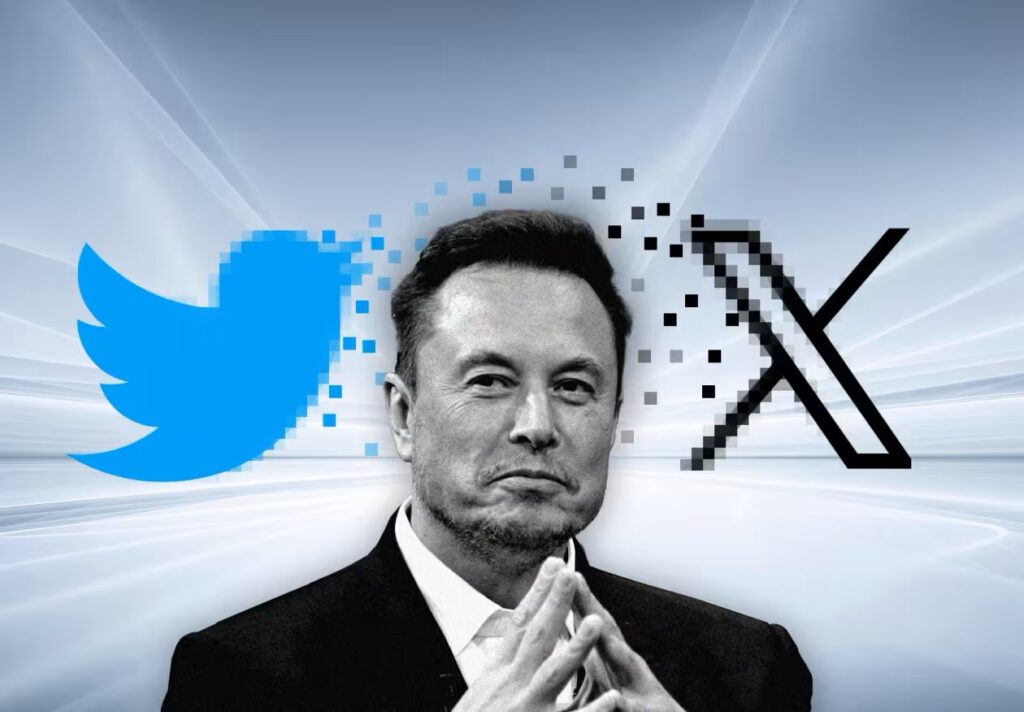Tesla boss Elon Musk will receive a pay package worth over $1 trillion (£740bn) if he hits a list of ambitious targets over the next decade, as proposed by the company's board.
To qualify for this monumental package, Musk, who is the world's richest person, would need to boost Tesla's value eightfold, sell a million artificial intelligence robots, sell another 12 million Tesla cars, and achieve several other ambitious milestones.
The plan specifies that Musk would not earn a regular salary or bonus; instead, he would be awarded shares incrementally, which could total $1 trillion if all targets are met. The board is urging investors to support this unprecedented compensation plan.
According to Tesla chair Robyn Denholm, Growth that may seem impossible today can be unlocked with new ideas, better technology and greater innovation. She noted that retaining and incentivizing Musk is essential for Tesla's future success, stating that the share award is designed to drive peak performance.
This proposal comes after Musk reportedly received $29 billion in shares last month following a court ruling that rejected his original $50 billion compensation plan on the grounds that it was unfair to shareholders.
'Beggars belief'
Under the latest plan, Musk can earn shares in 12 different tranches based on reaching specific market milestones, starting with doubling Tesla's market value to $2 trillion and ultimately aiming for a value of $8.5 trillion.
Critics are voicing skepticism about the plan. Investment analyst Dan Coatsworth described the proposed award as beggars belief, questioning whether any individual is worth such a sum, particularly given Tesla's declining sales and the perception of Musk's controversial personal brand impacting the company.
Recent reports have suggested that Tesla's board considered replacing Musk due to concerns over his focus on external matters, including his relationship with US President Donald Trump. Some experts believe Musk's leadership may be a liability in the current environment, further complicating the rationale behind the board's pay proposal.




















